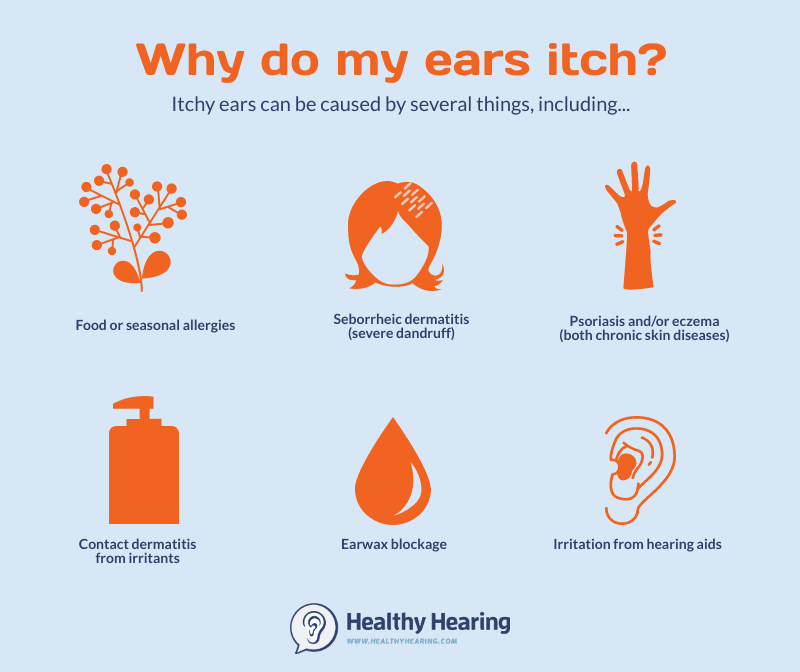|
www.HealthyHearing.com |
Can allergies cause hearing loss?
Contributed by Debbie Clason, staff writer, Healthy Hearing Key points:
Your eyes are itchy and your nose is runny–typical for allergy season, you tell yourself. But could your allergies also account for your stuffy ears and diminished sense of hearing? Yes, say hearing health professionals. Symptoms can include itching, swelling, vertigo and fullness in the ear. While this is annoying for anyone, it can be especially bothersome for people who have hearing loss and wear hearing aids. Why do allergies cause problems hearing?
allergies can cause muffled hearing. Your immune system responds to allergens by releasing the chemical histamine. The release of histamine produces an allergic response. The resulting sneezing, itching, swelling and congestion can cause temporary conductive hearing loss. Conductive hearing loss occurs when something, such as fluid or earwax, prevents sound waves from flowing through the ear and into the tiny bones of the middle ear. Three types of allergy-related hearing lossYour ear has three major sections, all of which can be affected by allergies. Outer ear: An allergic skin reaction, known as dermatitis, can cause ear itching and swelling of both the outer ear and ear canal. Some individuals may be allergic to their laundry detergent, fragrance or earrings. Others may have allergies to household pets, especially dogs and cats, or seasonal pollen. Middle ear: If swelling blocks the opening to your middle ear, your eustachian tube may not be able to drain properly. This can cause fluid and pressure to build up, giving you a feeling of fullness in the affected ear and providing a perfect breeding ground for bacteria and subsequent middle ear infection. This fluid buildup may also trigger balance problems, such as vertigo, giving you a feeling of being dizzy, a problem known as eustachian tube dysfunction. Inner ear: Allergies may also contribute to hearing loss for people who have Meniere's disease. |
Featured clinics near me
Earzlink Hearing Care - Reynoldsburg
7668 Slate Ridge Blvd
Reynoldsburg, OH 43068

Find a clinic
Need a hearing test but not sure which clinic to choose?
Call 1-877-872-7165 for help setting up a hearing test appointment.



 Debbie Clason holds a master's degree from Indiana University. Her impressive client list includes financial institutions, real estate developers, physicians, pharmacists and nonprofit organizations.
Debbie Clason holds a master's degree from Indiana University. Her impressive client list includes financial institutions, real estate developers, physicians, pharmacists and nonprofit organizations.